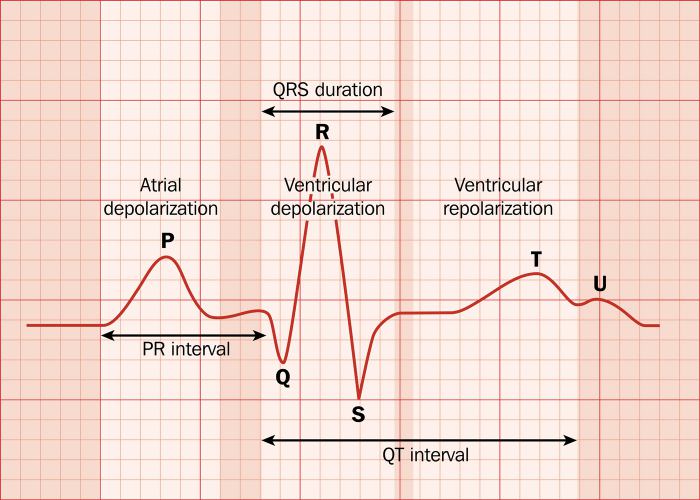
Two days later, on call, I was consulted by a colleague who wanted a quick ECG intepretation on his patient. I found the patient's electronic chart, but there was no ECG! In my hospital, Cardiologists have an independent software where all ECGs are uploaded for formal intepretations (what I earlier alluded to). Certainly, I would find that ECG there and better yet the software tools would facilitate the job.
It wasn't there either! So I was stuck with reading an ECG that was nowhere to be found.
If you've worked in the health care setting long enough, you know it takes very little for negative reports regarding your ability to "affect patient care" to start circulating. And I did not want any labels.
As I was brainstorming, I suddenly had a light bulb moment. I called back my colleague and asked for a screenshot of the paper ECG. Although the ECG had not yet been uploaded in the patient's electronic chart, the paper copy was in the physical chart. So he emailed me the ECG while adhering to HIPAA regulations of privacy and confidentiality. Sigh of relief! Now I could read the ECG and right away, I could tell the QT interval looked prolonged. This meant calculating the QTc. I did not have the luxury of using my fancy software because the image was NOT uploaded. That meant doing it MANUALLY! I immediately flashed back to my initial encounter with my Senior Fellow and thanks to her method, got the answer I was looking for.

Mentorship is guidance provided by a more experienced counterpart in the same field. Needless to say, it can make your life easier because your mentor can save you from anticipated hardships and help you navigate the system. My Senior colleague was exercising mentorship. PEER mentorship, if I may add! Given that she had been in the same situation (new trainee) not long ago, she knew that having that information would make things easier. Not only was she a woman, but also a black female and immigrant in a very competitive specialty... just like me. She was, in the true sense of the word, looking out for me!
Turns out that ECG was abnormal and I was able to provide timely recommendations, which my Attending was quite pleased about. I immediately called my mentor and told what happened. I thanked and appreciated her. She hardly said much in return. All she wanted was for me to succeed and not make the same mistakes. This is mentorship.
Dedicated to all those who believe in mentorship...
Follow me on Instagram @thrivingdoctor